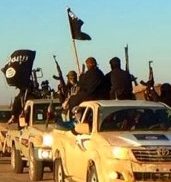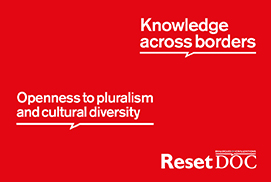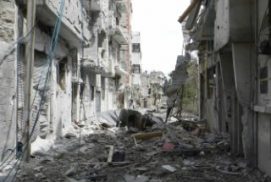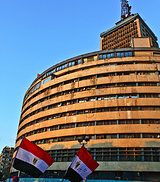4 September 2014
Reset-Dialogues is pleased to republish the summaries and video of a panel discussion organized at the National Press Club in Washington by the Center for the Study of Islam and Democracy. Islam and foreign policy experts – among whom John Esposito, Shadi Hamid, Michele Dunne, and Michael O’Hanlon – talked about the causes for the rise of radicalism in Iraq and Syria and the creation of militant groups such as ISIS. They discussed the intentions of ISIS and the threat posed to the Middle East and the rest of the world. The panelists provide criticism of the Obama administration’s response to ISIS and offered recommendations for moving forward.





